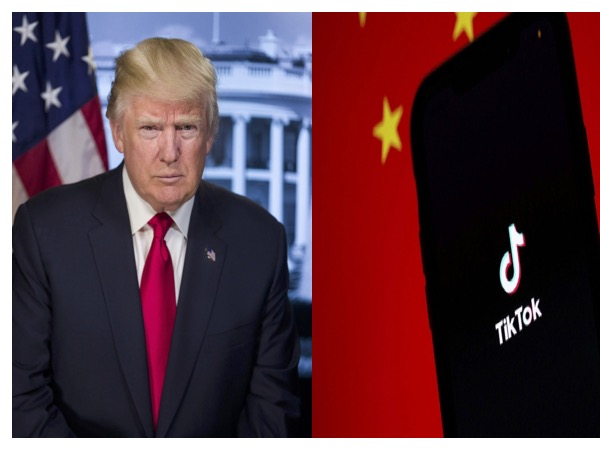Meeting the Pandemic with Mindfulness: How Professor Eric Moss Is Helping Students Handle Anxiety And Discover A More Conscious Approach to Work
April 28, 2021
When classes were still taught face-to-face, students entering the room for professor Eric Moss’s business management courses at Diablo Valley College were invited to participate in a two-minute mindfulness session he called an “arriving practice.” The practice offered them an opportunity to become fully present, to reset and focus on the class ahead, and provided a mental space for students to let go of parking hassles, family responsibilities and other problems they might be dealing with.
“They loved it,” Moss said.
After a long career spent in private industry working as a management science analyst for Pepsi, electric and gas utilities, communications companies and others, Moss began teaching business statistics and ethics at DVC in 2016. “Coming to DVC caused me to discover my personal just cause, my higher purpose, which is awakening and enabling a conscious workforce,” he said.
“Students trust me to provide them with a meaningful and quality education experience, which means I have to be in tune with their needs, where their heads are at, and aware of inhibitors to their performance.”
While preparing to teach his business ethics course, Moss seized on the opportunity to introduce his students to a more conscious way of doing business. His research had led him to discover a network of business leaders in the Bay Area chapter of Conscious Capitalism, Inc., who believe business can and should be conducted in a socially responsible way. He later invited some of those leaders to speak at his course.
As Moss’s network expanded, he was introduced to Wisdom Labs, a San Francisco start-up whose neuroscience-based programs aim to enhance wellness and creativity in the workplace. The company’s programs and tools, along with its app, Wise@Work, are designed to reduce stress and increase resilience and community in the workplace.
As Covid-19 rampaged across the U.S. beginning in March 2020 and college campuses moved classes online, DVC students and instructors retreated into social distancing and isolation. Levels of anxiety and depression skyrocketed nationwide as pandemic-related stress, loneliness and less engagement in community coupled with political divisions in our society took a heavy toll.
According to Kaiser Permanente Business, stress, anxiety and loneliness during the pandemic have reached crisis levels and pose increased threats to our collective mental health. As one response to the crisis, health professionals are promoting the benefits of mindfulness: a concentrated effort to be fully present, in a nonjudgmental way, which can help reduce these threats and increase resilience in the workplace. In addition, Kaiser reported that a regular mindfulness practice can have measurable physiological benefits, such as lowered blood pressure, weight loss, less heart disease and improved sleep.
Although mindfulness meditation has been a spiritual practice in the Far East for centuries, the Harvard Business Review reported that the trend toward mindfulness as a management technique and a path to enhanced workplace creativity has been growing in the U.S. since the 1970s. According to the report, learning to discipline the mind through regular mindfulness practice results in better focus, openness to innovation and improved work relationships.
A decade ago, Google introduced mindfulness practices to its employees by inviting well-known Vietnamese Zen monk Thich Nhat Hanh to its campus in Mountain View where he led a day of meditation and mindful walking. Google now offers mindfulness training to all of its employees.
Following the trend, many college campuses nationwide are now offering mindfulness meditation sessions to students.
Responding to the increasing need he saw for these practices at DVC, Moss initiated the Mindfulness Community for Students using programs developed by Wisdom Labs. Half-hour sessions are offered each Friday at 1 pm. Faculty and staff have their own community practice at noon on the same day.
Moss currently facilitates both sessions but said that ideally student leaders will step forward in the future and run their own. The sessions can be accessed by registering at https://www.dvc.edu/enrollment/counseling/dvc-mindfulness-community.html
I personally attended a recent Friday session, which was titled Fear and Anxiety at Work. After a short introduction by Moss, our group was guided through a 10-minute meditation by a presenter from Wisdom Labs, who offered tools to recognize anxiety as it arises, and strategies to skillfully handle it when it does. At the end of the meditation, we were invited to share our experience and engage in building a campus community of mutual support.
Moss said he sees his role as a teacher, and the Mindfulness Community for Students, as steps toward fulfilling his purpose to awaken a more conscious workforce. “Our human capacity is ever expanding if given the right set of circumstances,” he said.
“The world and universe is a marvelous place and presents all kinds of opportunities, but if you’re not aware of them, you’ll never even see them.”









































































